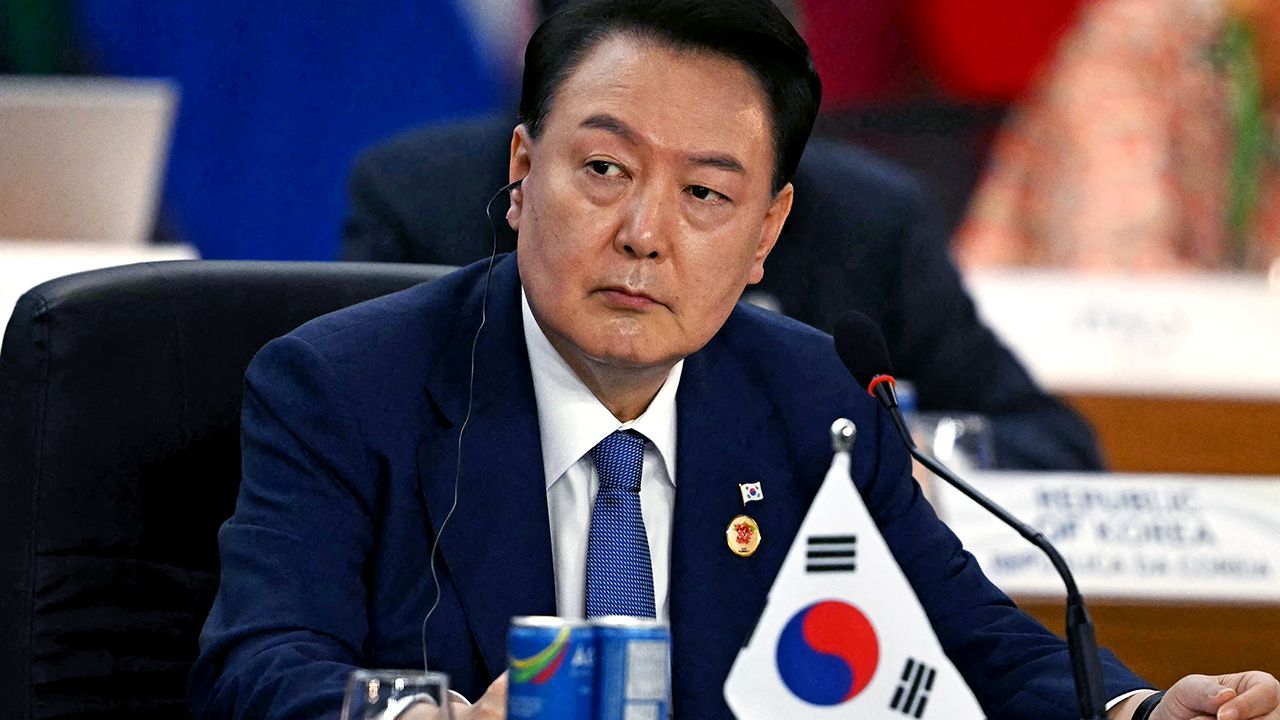South Korea has scheduled its 21st presidential election for June 3, 2025, following the impeachment of former President Yoon Seok-yeol.
Prime Minister Han Duck-soo announced the date during a Cabinet meeting on April 8, 2025, designating it a temporary public holiday to boost voter turnout.
This decision underscores the government’s commitment to a transparent and accessible democratic process during a time of political uncertainty.
The election, prompted by the Constitutional Court’s April 4, 2025, impeachment ruling, adheres to constitutional mandates requiring a new election within 60 days of a presidential vacancy.
Prime Minister Han emphasized the need for thorough preparation, stating, “The government will ensure a fair and smooth electoral process by mobilizing all relevant departments.”
The temporary holiday aims to remove barriers for citizens exercising their voting rights.
Candidate registration began on April 4, 2025, with public officials required to resign by May 4 if they intend to run. Official candidate registration is set for May 10-11, 2025, followed by a 22-day campaign period from May 12 to June 2.
Early voting will occur on May 29-30, from 6 AM to 6 PM, while the main Election Day will extend from 6 AM to 8 PM to accommodate higher turnout for this by-election.
The Ministry of Public Administration and Security is coordinating with local governments to ensure fairness and transparency. Key deadlines include overseas voter registration by April 24, 2025, and voter list compilation from May 6-10. Overseas voting will take place from May 20-25 at embassies and consulates, with election notices posted starting May 17 and voting guides distributed by May 24.
Political activity is intensifying, with figures from the ruling People Power Party, including Ahn Cheol-soo and Seoul Mayor Oh Se-hoon, and the opposition Democratic Party, such as Lee Jae-myung and Governor Kim Dong-yeon, signaling their candidacy. Prime Minister Han acknowledged the public’s anxiety over recent events, apologizing for the turmoil and urging national unity to move forward.
The election coincides with the College Scholastic Ability Test mock evaluation, prompting potential schedule adjustments. As South Korea prepares for this critical moment, the focus remains on delivering a credible election that reflects the people’s will and stabilizes the nation’s political landscape.
